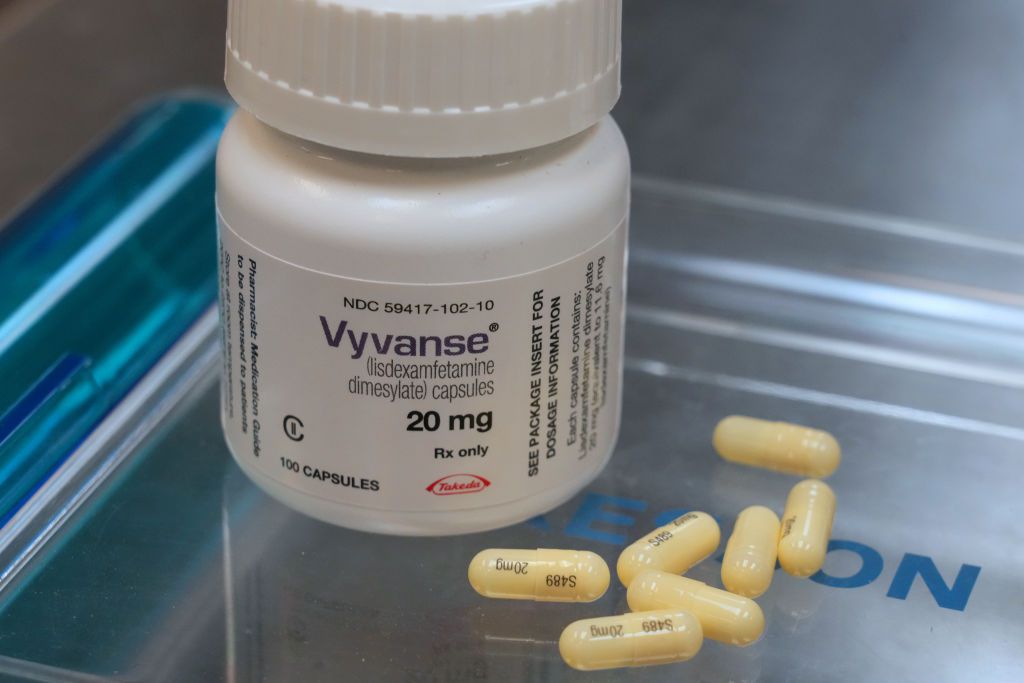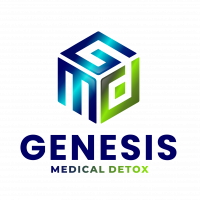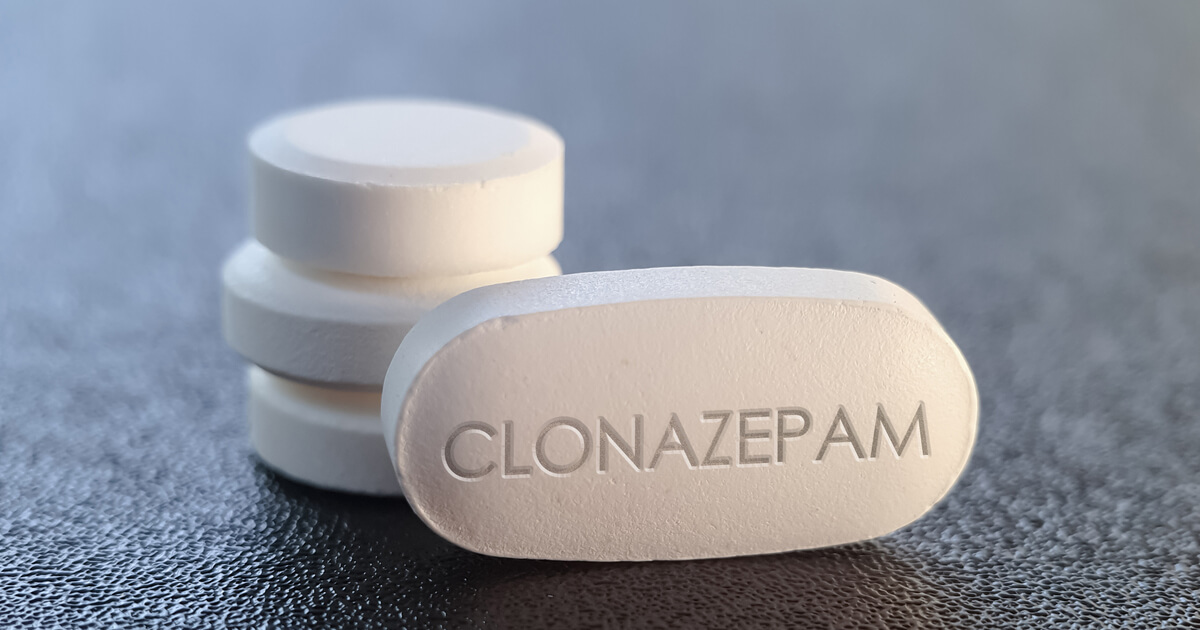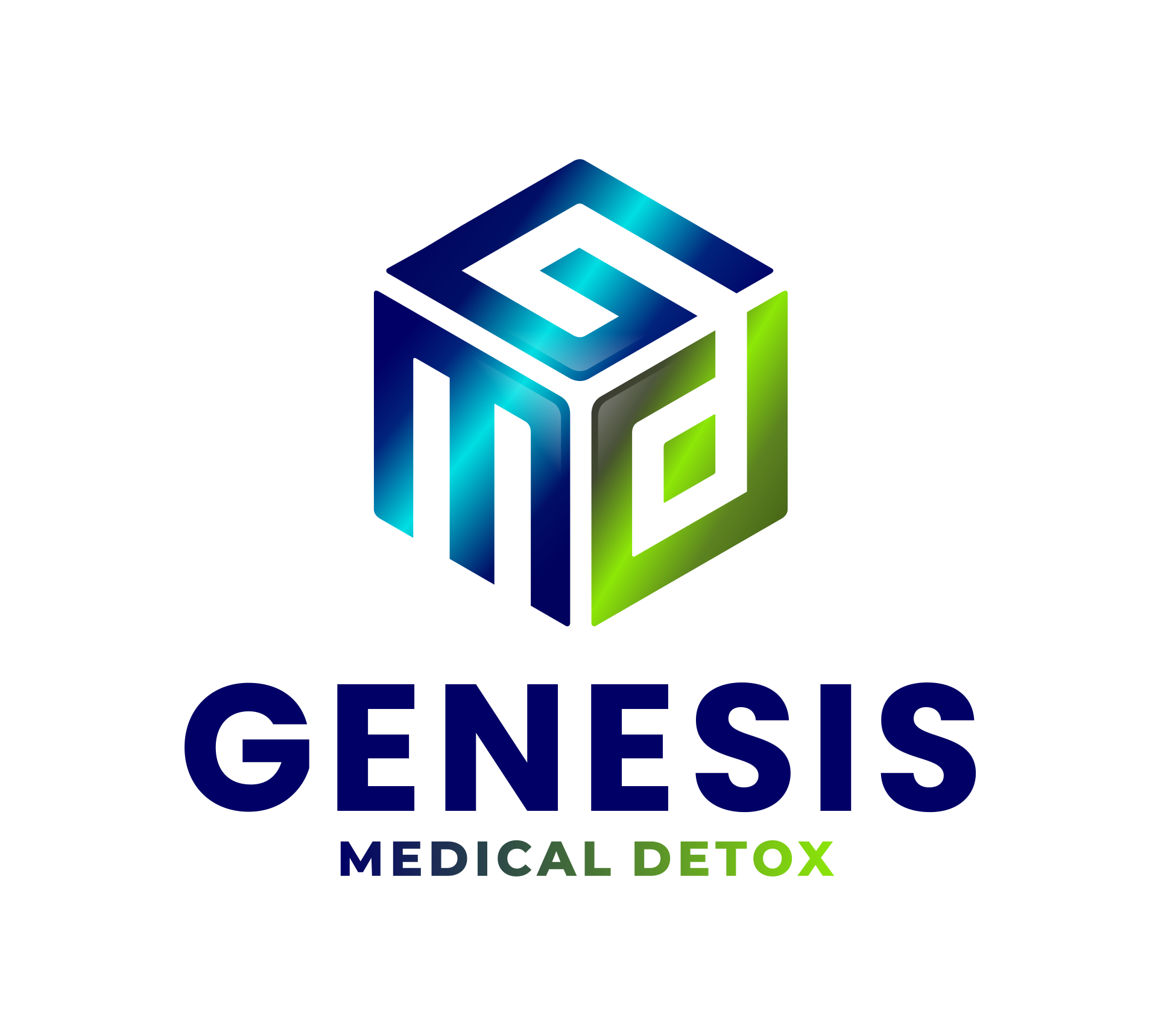
Vyvanse, a prescription stimulant used to treat attention-deficit/hyperactivity disorder (ADHD), has become a growing concern in Tennessee due to its potential for addiction. This post explores the issue of Vyvanse addiction in Tennessee, discussing the reasons behind its prevalence, the impact on individuals and communities, and possible solutions to address this escalating problem.
Vyvanse Addiction in Tennessee
Vyvanse, a medication that contains the active ingredient lisdexamfetamine, is commonly prescribed to individuals with ADHD to help improve focus, attention, and impulse control. However, the misuse and abuse of Vyvanse have been steadily increasing in Tennessee, leading to a rise in addiction cases. This essay aims to shed light on the issue of Vyvanse addiction in Tennessee, discussing the contributing factors, consequences, and potential solutions to combat this growing problem.
One of the main reasons behind the prevalence of Vyvanse addiction in Tennessee is the easy accessibility of the medication. Many individuals obtain Vyvanse through legitimate prescriptions, but some also acquire it through illicit means, such as buying it from friends or family members or purchasing it on the black market. This easy access to Vyvanse increases the likelihood of misuse and addiction, especially among young adults and college students seeking to enhance their academic performance or partying experiences.
Furthermore, the addictive nature of Vyvanse, which stimulates the release of dopamine in the brain, can lead to physical and psychological dependence. Individuals may develop a tolerance to the medication, requiring higher doses to achieve the desired effects, which can ultimately spiral into addiction. The withdrawal symptoms associated with Vyvanse addiction, such as fatigue, depression, and irritability, can also make it challenging for individuals to stop using the drug once they have become dependent on it.
The consequences of Vyvanse addiction in Tennessee are far-reaching, impacting not only the individuals struggling with addiction but also their families, communities, and society as a whole. Addicted individuals may experience a decline in physical health, cognitive function, and mental well-being, leading to issues such as job loss, financial instability, and strained relationships. The misuse of Vyvanse can also contribute to an increase in drug-related crimes, overdose deaths, and healthcare costs, placing a significant burden on Tennessee’s already stretched resources.
To address the issue of Vyvanse addiction in Tennessee, a multi-faceted approach is needed, involving efforts from healthcare providers, policymakers, law enforcement, and the community. Increasing awareness about the risks of Vyvanse misuse and addiction, implementing stricter prescribing practices, and providing support and resources for individuals struggling with addiction are crucial steps in combating this growing problem. Education programs in schools and universities can also play a role in preventing Vyvanse abuse among young adults, while community-based initiatives, such as support groups and treatment centers, can help individuals recover from addiction and rebuild their lives.
What is Vyvanse and Where did it Come From?
Vyvanse is a prescription medication that contains the active ingredient lisdexamfetamine. It is a central nervous system stimulant that is primarily used to treat attention-deficit/hyperactivity disorder (ADHD) in children and adults. Vyvanse works by affecting certain chemicals in the brain that contribute to hyperactivity and impulse control.
Vyvanse was developed by the pharmaceutical company Shire and was approved by the U.S. Food and Drug Administration (FDA) in 2007 for the treatment of ADHD. It was later approved for the treatment of binge eating disorder in adults. Lisdexamfetamine is a prodrug of dextroamphetamine, meaning that it is inactive until it is metabolized in the body to its active form, dextroamphetamine.
Vyvanse was designed to have a longer duration of action compared to other ADHD medications, such as Adderall, due to its prodrug formulation. This extended-release feature allows for a more gradual onset and offset of effects, reducing the potential for abuse and dependence.
While Vyvanse is an effective treatment for ADHD and binge eating disorder when used as prescribed, its misuse and abuse have become a growing concern, leading to addiction and other adverse effects. It is important for individuals to use Vyvanse only under the guidance of a healthcare provider to minimize the risk of addiction and other potential consequences.
How Does Vyvanse Affect the Brain
Vyvanse affects the brain by targeting neurotransmitters, specifically dopamine and norepinephrine. When Vyvanse is ingested, it is metabolized in the body to its active form, dextroamphetamine, which then acts on the central nervous system.
Dextroamphetamine works by increasing the release of dopamine and norepinephrine in the brain. Dopamine is a neurotransmitter associated with pleasure, reward, and motivation, while norepinephrine plays a role in attention, focus, and alertness. By enhancing the levels of these neurotransmitters, Vyvanse can improve focus, attention, and impulse control in individuals with ADHD.
The increased dopamine levels induced by Vyvanse can lead to a sense of euphoria and heightened motivation, which may contribute to its potential for misuse and addiction. Additionally, the stimulant effects of Vyvanse can increase alertness and energy levels, making it appealing to individuals seeking to enhance performance or productivity.
However, prolonged use of Vyvanse can also lead to changes in the brain’s chemistry and function. Chronic stimulation of the dopamine system by Vyvanse can result in tolerance, where higher doses are needed to achieve the same effects, and dependence, where the brain becomes reliant on the drug to function normally. Abrupt cessation of Vyvanse can lead to withdrawal symptoms, such as fatigue, depression, and irritability, as the brain adjusts to the absence of the drug.
Detox from Vyvanse
Detoxing from Vyvanse should be done under the supervision of a healthcare provider to ensure safety and effectiveness. Detoxification from Vyvanse typically involves gradually tapering off the medication to minimize withdrawal symptoms and allow the body to adjust to the absence of the drug.
Here are some steps and considerations for detoxing from Vyvanse:
Consult a healthcare provider: Before starting the detox process, it is important to consult a healthcare provider, such as a doctor or psychiatrist, who can provide guidance and support throughout the detoxification process. They can help create a tapering schedule based on individual needs and monitor for any potential complications.
Tapering off Vyvanse: Gradually reducing the dose of Vyvanse over a period of time can help minimize withdrawal symptoms and allow the body to adjust to lower levels of the medication. The tapering schedule will depend on factors such as the duration of Vyvanse use, the dose being taken, and individual response to the medication.
Managing withdrawal symptoms: Withdrawal symptoms from Vyvanse may include fatigue, depression, irritability, and increased appetite. It is important to stay hydrated, eat nutritious meals, get adequate rest, and engage in physical activity to help manage these symptoms. In some cases, healthcare providers may prescribe medications to alleviate withdrawal symptoms.
Psychological support: Detoxing from Vyvanse can be challenging both physically and psychologically. It is important to seek support from mental health professionals, support groups, or therapists to address any underlying issues contributing to Vyvanse use and to develop coping strategies for managing cravings and triggers.
Healthy lifestyle habits: Adopting healthy lifestyle habits, such as regular exercise, proper nutrition, adequate sleep, and stress management techniques, can support the detoxification process and promote overall well-being. Engaging in activities that promote relaxation and mindfulness, such as yoga or meditation, can also be beneficial during detox.
Follow-up care: After completing the detox process, it is important to follow up with a healthcare provider for ongoing monitoring and support. They can assess progress, address any lingering withdrawal symptoms or concerns, and provide guidance on maintaining sobriety and managing ADHD symptoms through non-pharmacological interventions, if needed.
Detoxing from Vyvanse can be a challenging process, but with the right support and guidance, individuals can successfully transition to a drug-free lifestyle and focus on achieving long-term recovery and well-being.
In Conclusion
In conclusion, Vyvanse addiction has become a pressing issue in Tennessee, with its easy accessibility, addictive properties, and harmful consequences contributing to its prevalence. Addressing this problem requires a comprehensive approach that involves raising awareness, implementing stricter regulations, and providing support for individuals in need. By working together as a community, we can help combat Vyvanse addiction in Tennessee and create a safer and healthier environment for all.
If you or someone you know is struggling with a chemical dependency issue reach out to Genesis Medical Detox or Magnolia Ranch Recovery today and get started on the path to long-term recovery.








